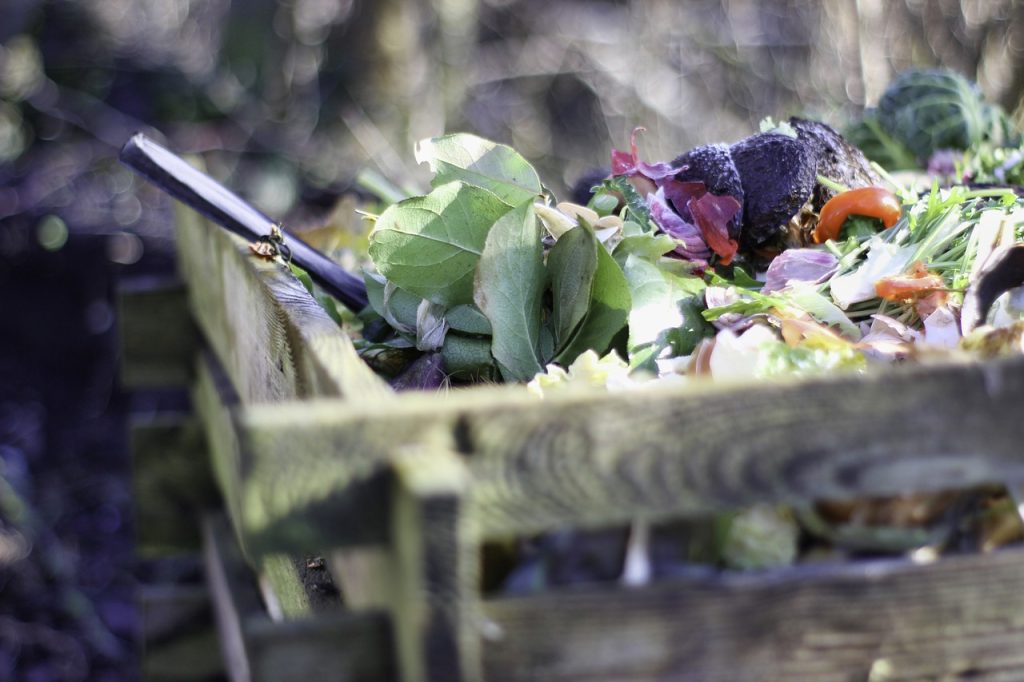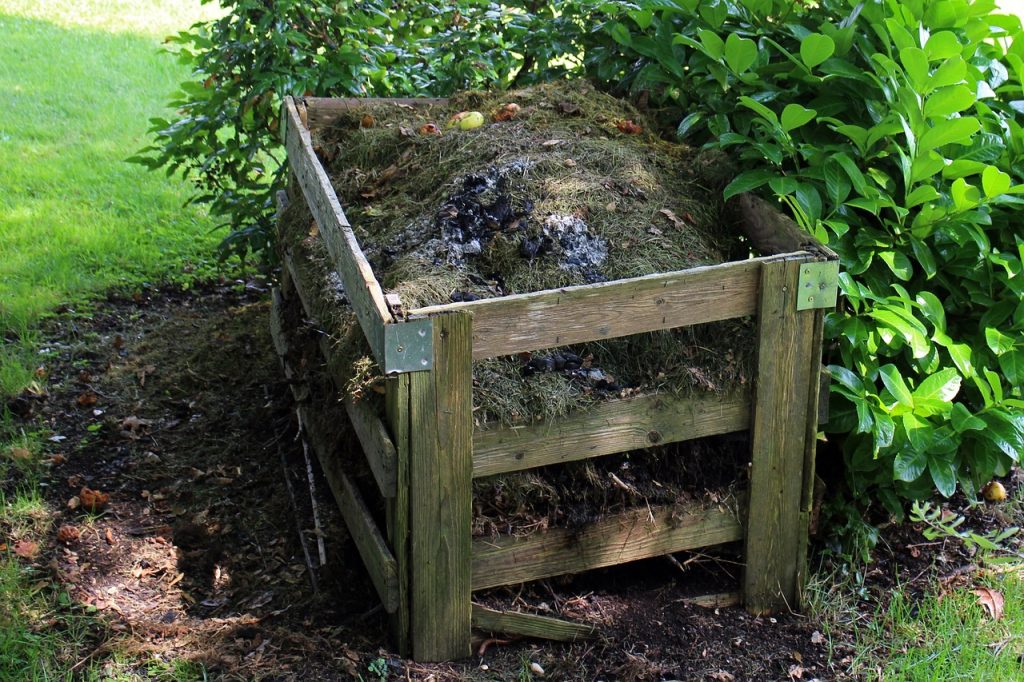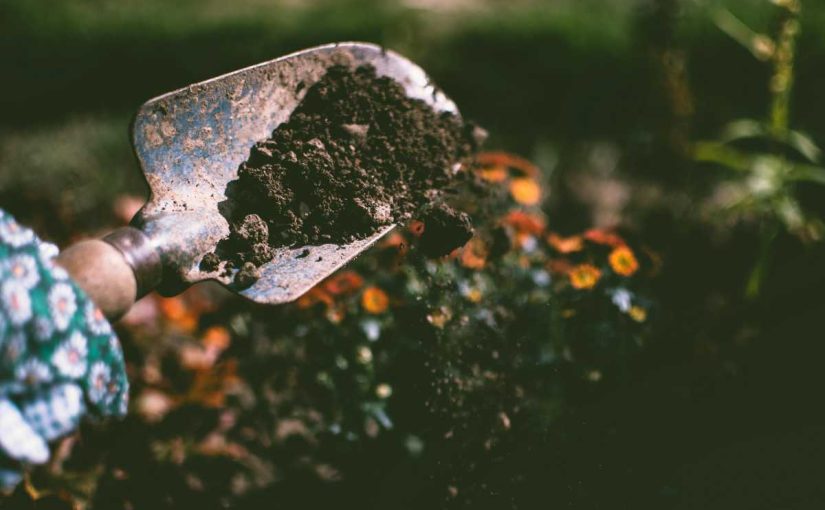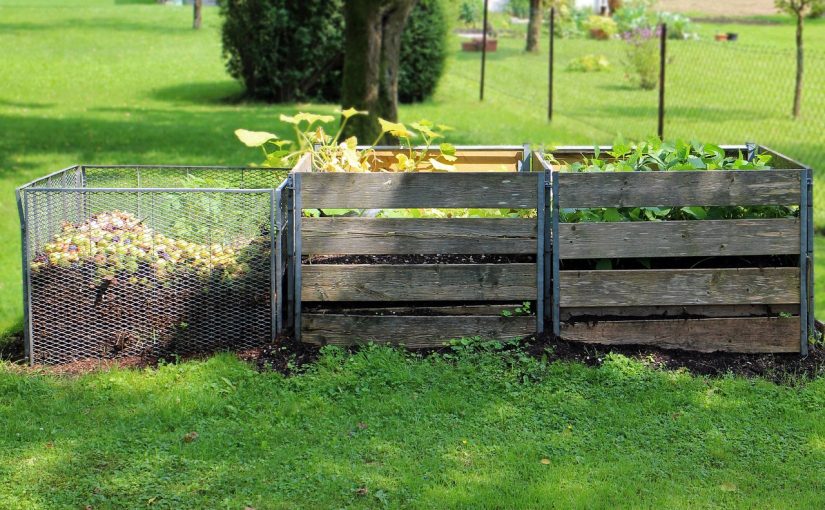Composting is a fantastic way to reduce waste and create rich, fertile soil for your garden. However, the process can sometimes take longer than expected, especially if conditions aren’t ideal. Fortunately, there are several tips and techniques you can use to speed up decomposition and get nutrient-rich compost in less time. If you’re looking to speed up your composting process, here are nine effective tips to help you out.
1. Maintain the Right Carbon-to-Nitrogen Ratio
Why It’s Important:
Composting requires a balance of “greens” (nitrogen-rich materials) and “browns” (carbon-rich materials). Too much carbon slows down decomposition, while too much nitrogen can cause your pile to become too wet and smelly. The ideal carbon-to-nitrogen (C) ratio is 30:1, meaning 30 parts carbon to 1 part nitrogen.
How to Speed Up Composting:
- Add More Greens: If your compost pile is too slow, increase the nitrogen by adding kitchen scraps, grass clippings, or coffee grounds.
- Add More Browns: If your pile is too wet and doesn’t break down, balance it with dry materials like leaves, cardboard, or straw.
2. Turn the Pile Frequently
Why It’s Important:
Turning your compost pile introduces oxygen, which is necessary for the microbes that break down organic matter. Without oxygen, your compost can become compacted and anaerobic, leading to slower decomposition.
How to Speed Up Composting:
- Turn Regularly: Aim to turn your compost pile every 2-3 weeks to keep the decomposition process active.
- Use a Pitchfork or Compost Aerator: These tools make it easier to aerate the pile and ensure that the materials decompose evenly.
3. Shred or Chop Larger Materials
Why It’s Important:
Larger pieces of organic material, like whole leaves or branches, take much longer to break down. Shredding or chopping materials into smaller pieces increases the surface area, allowing microorganisms to break them down faster.
How to Speed Up Composting:
- Shred Leaves: Use a lawnmower, garden shredder, or hand tools to chop up leaves and larger plant material before adding them to the compost pile.
- Chop Up Kitchen Scraps: Cutting vegetable scraps, eggshells, and other kitchen waste into smaller pieces helps them decompose faster.
4. Maintain the Right Moisture Level
Why It’s Important:
Moisture is crucial for composting, as it helps keep the microorganisms hydrated and active. Too much moisture can make your compost pile soggy and anaerobic, while too little moisture can slow down microbial activity.
How to Speed Up Composting:
- Moisture Level: Aim for the compost to be as damp as a wrung-out sponge — not too dry, not too wet.
- Water as Needed: If the pile is too dry, add water to it, especially in dry climates. If it’s too wet, add more carbon-rich materials (like dry leaves or straw) to help absorb excess moisture.

5. Use a Composting Accelerator or Activator
Why It’s Important:
Composting accelerators are products that contain beneficial bacteria, fungi, and enzymes that help break down organic material more quickly. They can speed up the decomposition process, especially if your pile is sluggish.
How to Speed Up Composting:
- Add a Compost Accelerator: These are available in both liquid and granular form and can be found at most garden centers.
- Look for Natural Activators: Many gardeners use natural ingredients like comfrey, alfalfa, or seaweed as compost accelerators. These materials provide extra nutrients to the microbes in your pile.
6. Keep the Pile Warm
Why It’s Important:
Microbial activity speeds up in warmer temperatures, so keeping your compost pile warm can drastically speed up the decomposition process. A well-maintained compost pile can reach temperatures of 130-160°F (54-71°C), where decomposition happens most efficiently.
How to Speed Up Composting:
- Insulate the Pile: In colder climates, consider insulating your compost pile with straw bales or placing it in a compost bin to retain heat.
- Monitor Temperature: Use a compost thermometer to ensure the pile stays within the ideal temperature range for composting.
7. Use a Compost Tumbler
Why It’s Important:
Compost tumblers are enclosed bins that make it easy to turn your compost. The mechanical turning helps oxygenate the pile, promotes even decomposition, and speeds up the process.
How to Speed Up Composting:
- Turn Regularly: With a compost tumbler, you can turn your pile every 2-3 days, which helps aerate it and prevent compaction.
- Aerate the Pile: Tumblers also allow for better oxygen circulation, which helps accelerate microbial activity.
8. Add Manure to the Pile
Why It’s Important:
Animal manure, especially from herbivores like cows, chickens, and horses, is rich in nitrogen and beneficial microorganisms that can jump-start the composting process. Manure acts as a natural accelerator and helps balance the carbon-to-nitrogen ratio.
How to Speed Up Composting:
- Add Fresh Manure: Mix fresh manure into your compost pile, but be sure to use it in moderation, as too much can make your pile too hot or smelly.
- Compost with Caution: Ensure that manure is well-composted before using it in your garden, as fresh manure can burn plants.
9. Keep the Pile Aerated
Why It’s Important:
Aeration is key to speeding up decomposition. Without enough oxygen, the compost pile can become anaerobic, leading to unpleasant odors and slow breakdown. Proper aeration helps create the ideal environment for beneficial microbes to thrive.
How to Speed Up Composting:
- Use a Compost Aerator: This tool allows you to poke holes in the pile, helping air reach the center.
- Add More Air: If your compost pile is dense or compact, manually fluff it up by turning it or mixing it with a pitchfork to improve airflow.
Conclusion
Speeding up the composting process requires a combination of the right ingredients, the proper conditions, and regular maintenance. By following these nine tips — balancing your carbon-to-nitrogen ratio, turning your pile frequently, chopping up materials, and maintaining the right moisture and temperature — you can create nutrient-rich compost more quickly. With these strategies in place, you’ll have healthier soil and a thriving garden in no time!




